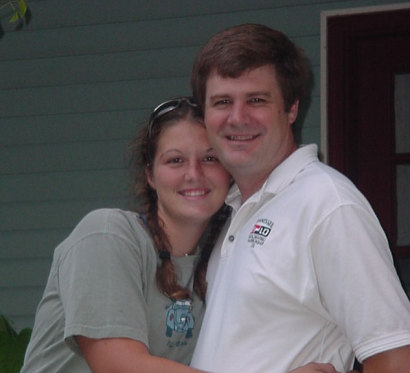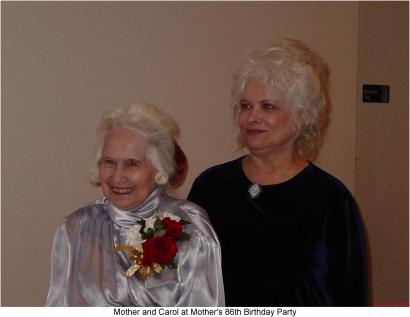The Magnanimity Syndrome
 Thursday, May 31, 2007 at 02:42AM
Thursday, May 31, 2007 at 02:42AM As long as I have been aware of anything theological, the church has hailed the incomparable attributes of God. God fills all space, possesses all knowledge, holds all power and exists for all eternity. His grace is unlimited, His love undiminished, His holiness unsullied, His authority unquestioned, His word immutable. No one is bigger, stronger, wiser, holier, better, finer or grander than God. He is the ultimate superlative, the preeminent being.
Apparently, that's not big enough. Certain groups are working overtime to make God (or is it themselves?) appear more magnanimous than even the Bible declares Him to be. They say the grace of God is now big enough to include sin as well as sinners, that salvation extends to any who make a scant nod in the direction of Jesus, that God's holiness is made holier by man's unholiness (huh?) and that God's Word shows its strength by being stretched so far as to contradict itself. They say that down is up, out is in, bad is good and wrong is right. The previously unacceptable is now perfectly acceptable. When we say "no" to him, our magnanimous God is so big that He says "I'll take that as a yes!"
According to these evangelists of the new gospel, not only does our expansive, newly improved edition of God condone homosexuality, he actually created it. He also sanctions abortion, promotes cohabitation, smiles at adultery and encourages creative family partnering to include any combination of male and/or female parents. God has reformed his antiquated and repressive Biblical image so that people are now free to lie, cuss, smoke, drink, chew, gamble, fornicate, worship false gods and even kill (except in war or self-defense). God never chides, rebukes, reproves, warns or judges. He refuses to correct anyone, or even show disapproval, for fear of warping their personological development, or of being too overbearing. He is so magnanimous that he only affirms, supports, encourages, blesses, accepts and loves.
Now we learn that divine love does not just include sin, but it is big enough to celebrate it. One mainline church, presently in the news, leads this rush to magnanimity by accepting, affirming and solemnizing homosexual marriages. They have also sanctioned a new prayer called, "Our Mother", proving that God is big enough to transgender himself in hopes of not offending the feminists. They have re-configured the concept of God to enshrine a pantheon of gods, demonstrating that God is big enough to "get along" with the myriad of multicultural deities that exist in our global village. All this is in addition to the funeral services they held long ago for doctrinal rigidity.
This magnanimity syndrome does not appear outrageous to secularists who believe they created God in the first place. The dirty little secret is that anthropologists have convinced the theologians that all religion and concepts of God evolved along with the human race. They hold that our understanding of God, is subject to change, and because humans are still evolving, then God must change with them. The creature has become the creator, and anytime he becomes displeased with the God he has fashioned, he can reinvent him.
Liberal practitioners who toy with sacred Biblical truths tread on dangerous ground. They continually war against holy commandments, professing a desire to make the church "user-friendly", to remove its supposed backwardness, and to facilitate its growth. But they take their impulse from the wrong source. Their customizing is not driven by love of God or man, but by self-aggrandizement. The church of Jesus Christ must not evolve away from its roots, but continually devolve back to them. Non-biblical growth is unhealthy growth.
The church must not fall prey to this "magnanimity syndrome." The church that Jesus began building two millenniums ago does not need radical remodeling, forcing it to become something that the Divine Architect never intended. If we make the "strait gate" easier, the "narrow way" wider, the born-again experience optional and our glorious God sullied with human foibles, we will destroy the very foundation that holds us up in the first place. God's love does not preempt his holiness. It shows us how to conform to his holiness. Despite what the modern infidels say, man did not create God; God gloriously revealed himself to man. The God of the Bible, cast just the way the scriptures describe him, is magnanimous enough for all of us.



![468325_spine_curves_of[1].jpg](/picture/468325_spine_curves_of[1].jpg?pictureId=747507&asGalleryImage=true)
![ohio_flag[1].jpg](/picture/ohio_flag[1].jpg?pictureId=733569&asGalleryImage=true)